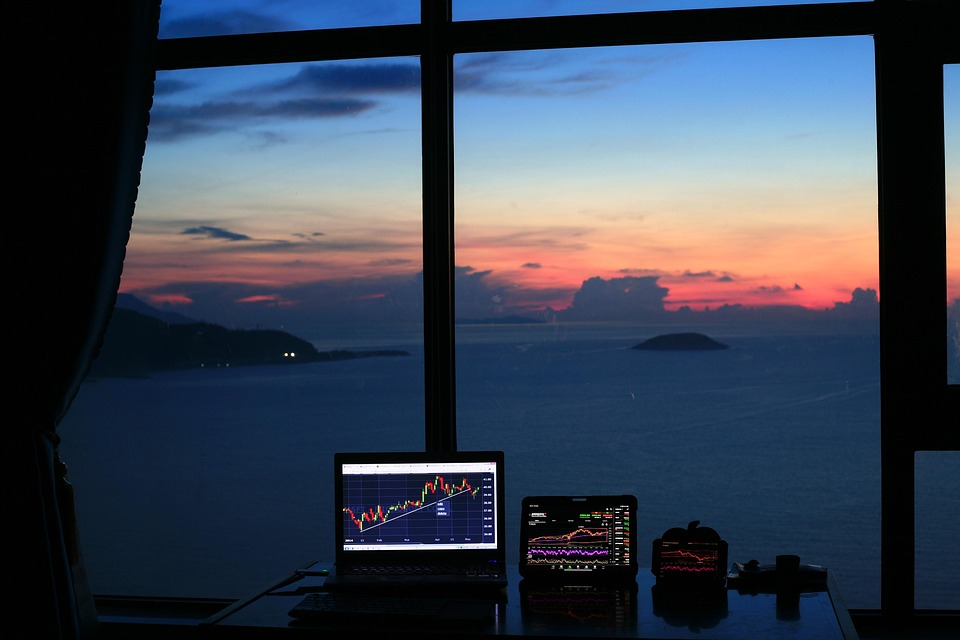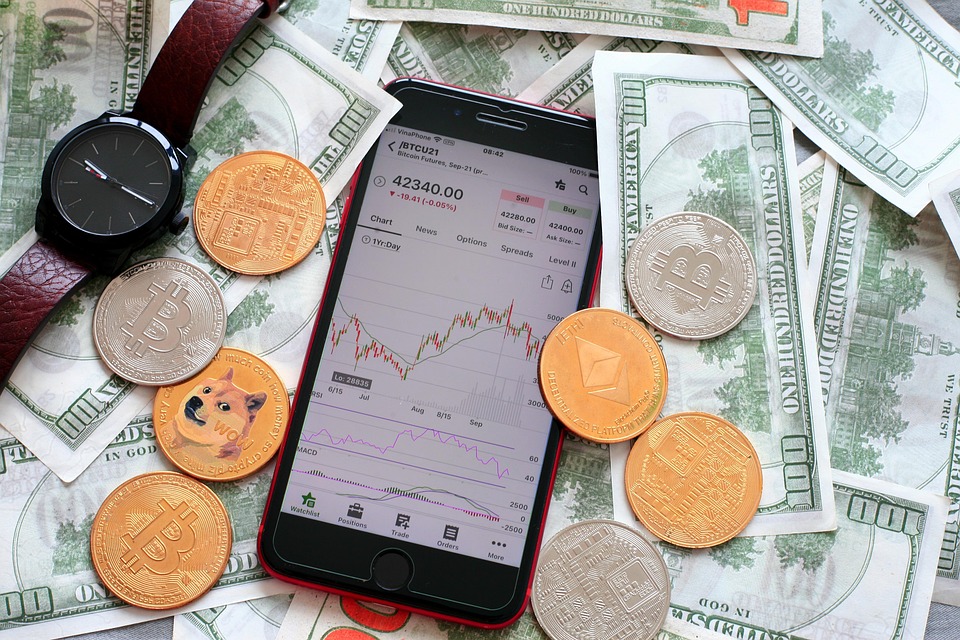AI vs. Human Traders: Who Comes Out on Top?
The financial markets have long been a battleground for traders, where the stakes are high and the competition is fierce. In recent years, the rise of artificial intelligence (AI) has transformed the landscape of trading, leading to a critical question: who comes out on top—AI or human traders? This article explores the strengths and weaknesses of both sides, examining their performance, decision-making processes, and the future of trading.
The Rise of AI in Trading
AI has revolutionized trading by leveraging vast amounts of data and advanced algorithms to make decisions at lightning speed. Machine learning models can analyze historical data, identify patterns, and execute trades with minimal human intervention. This capability allows AI systems to react to market changes in real-time, often outperforming human traders who may take longer to process information.
One of the most significant advantages of AI is its ability to handle large datasets. In today’s markets, the volume of data generated is staggering, and human traders can struggle to keep up. AI algorithms can sift through this data, identifying trends and anomalies that may not be immediately apparent to human eyes. This analytical prowess enables AI to make informed decisions based on a comprehensive understanding of market dynamics.
The Human Touch
Despite the advantages of AI, human traders bring unique qualities to the table that machines cannot replicate. Emotional intelligence, intuition, and the ability to understand complex social dynamics are areas where humans excel. Experienced traders can read market sentiment, gauge investor behavior, and make decisions based on qualitative factors that AI may overlook.
Moreover, human traders can adapt to unforeseen circumstances and make judgment calls in situations where data may be limited or ambiguous. For instance, during a market crisis, human intuition and experience can guide traders in making decisions that AI might not be programmed to handle. This flexibility can be a significant advantage in volatile markets.
Performance Comparison
When it comes to performance, studies have shown that AI can outperform human traders in certain scenarios, particularly in high-frequency trading and algorithmic strategies. AI systems can execute trades faster and more efficiently, often leading to higher returns. However, human traders have demonstrated their ability to outperform AI in longer-term investment strategies, where emotional intelligence and market understanding play a crucial role.
The effectiveness of AI versus human traders can also depend on the market conditions. In stable markets, AI may excel due to its speed and data processing capabilities. Conversely, in turbulent markets, human traders may have the upper hand, as they can leverage their experience and intuition to navigate uncertainty.
The Future of Trading
As technology continues to evolve, the future of trading will likely see a blend of AI and human expertise. Rather than viewing AI and human traders as competitors, the focus may shift towards collaboration. Hybrid trading strategies that combine the analytical power of AI with the emotional intelligence of human traders could lead to more effective decision-making.
Furthermore, as AI technology advances, it may become increasingly capable of mimicking human intuition and emotional responses. This development raises ethical questions about the role of AI in trading and the potential consequences for market stability.
Conclusion
In the battle of AI versus human traders, there is no clear winner. Each has its strengths and weaknesses, and their effectiveness can vary depending on the context. While AI excels in speed, data analysis, and execution, human traders bring invaluable qualities such as intuition, emotional intelligence, and adaptability. The future of trading will likely involve a synergistic approach, where AI and human traders work together to navigate the complexities of the financial markets. As technology continues to advance, the landscape of trading will evolve, but the need for human insight and judgment will remain essential.




